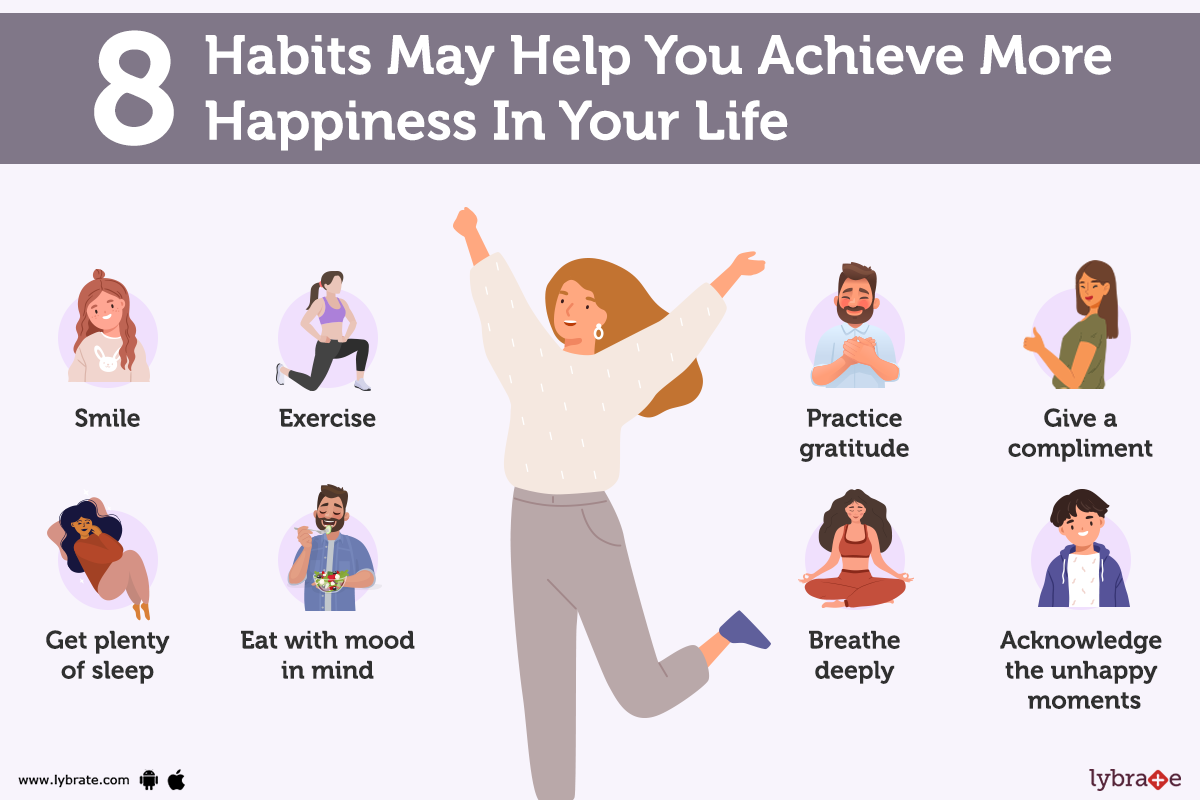The Benefits of Thankfulness and How to Start

In a world that often feels chaotic and demanding, taking a moment to practice thankfulness can seem like a small, almost insignificant act. Yet, cultivating gratitude—a mindset of appreciating what you have—can profoundly transform your life. Thankfulness isn’t just about saying “thank you”; it’s a daily practice that rewires your brain, enhances your well-being, and strengthens your relationships. This article explores the powerful benefits of gratitude and offers practical, actionable steps to incorporate it into your life. Ready to discover how a simple shift in perspective can bring more joy and resilience? Let’s get started.
Why Thankfulness Matters
Thankfulness, or gratitude, is the act of recognizing and appreciating the positive aspects of life, no matter how big or small. It’s about focusing on what’s going well rather than dwelling on what’s lacking. This mindset doesn’t ignore challenges but helps you find balance by acknowledging the good amidst the difficulties. The benefits of gratitude are far-reaching, touching your mental, emotional, and even physical health. By making thankfulness a daily habit, you can unlock a happier, more fulfilling life. Let’s explore these benefits and how to begin.
The Benefits of Thankfulness
1. Boosts Mental Health
Gratitude has a direct impact on your mental well-being. When you focus on what you’re thankful for, you train your brain to notice positives, reducing negative thought patterns. This shift can lower stress and anxiety levels, helping you feel more at peace. For example, regularly reflecting on things you appreciate—like a supportive friend or a beautiful sunset—can create a sense of calm, even on tough days. Over time, this practice fosters optimism, making it easier to navigate life’s challenges with a clearer, more positive mindset.
2. Improves Emotional Resilience
Life is full of ups and downs, but gratitude helps you bounce back from setbacks. By focusing on what you’re grateful for, you build emotional resilience, enabling you to cope better with stress or disappointment. For instance, during a difficult workweek, noting small wins—like completing a task or receiving a kind word—can shift your perspective and keep you grounded. Thankfulness doesn’t erase problems but provides a buffer, helping you stay hopeful and solution-focused.
3. Enhances Relationships
Gratitude strengthens connections with others. Expressing appreciation—to a partner, friend, or coworker—fosters trust and deepens bonds. A simple “thank you” for a small gesture, like someone holding the door or helping with a task, can make both you and the other person feel valued. Gratitude also encourages reciprocity, creating a cycle of kindness. People who feel appreciated are more likely to support you in return, building stronger, more meaningful relationships.
4. Promotes Physical Health
Surprisingly, thankfulness can benefit your body too. A grateful mindset is linked to better sleep, lower blood pressure, and reduced physical stress. When you’re less focused on worries, your body relaxes, leading to improved overall health. For example, writing down things you’re thankful for before bed can calm your mind, helping you fall asleep faster and wake up refreshed. Gratitude also motivates healthier habits, like exercising or eating well, as you feel more connected to your well-being.
5. Increases Life Satisfaction
Gratitude shifts your focus from what you don’t have to what you do, fostering a sense of contentment. This doesn’t mean ignoring ambition but appreciating the present while working toward goals. Whether it’s being thankful for a cozy home, a good meal, or a moment of laughter, these small acknowledgments add up, creating a deeper sense of fulfillment. Over time, gratitude helps you find joy in everyday moments, making life feel richer and more meaningful.
How to Start Practicing Thankfulness
Gratitude is a skill anyone can develop, and it doesn’t require much time or effort. The key is consistency—small, daily habits can lead to lasting change. Here are practical ways to start incorporating thankfulness into your life.
1. Keep a Gratitude Journal
One of the simplest ways to practice gratitude is by writing it down. Each day, take five minutes to jot down three things you’re thankful for. These can be big, like a promotion, or small, like a warm cup of tea or a kind smile from a stranger. Be specific—instead of writing “I’m grateful for my family,” try “I’m grateful for my sister’s funny text today.” Specificity deepens the emotional impact. Keep your journal by your bedside to make it part of your morning or evening routine. Over time, you’ll notice patterns of positivity that lift your mood.
2. Express Gratitude to Others
Make it a habit to thank the people in your life. This could be a verbal “thank you” to a colleague for their help, a handwritten note to a friend, or a heartfelt conversation with a loved one. For example, tell your partner, “I really appreciate how you listened to me after a tough day.” These expressions not only strengthen relationships but also reinforce your own gratitude. Aim to thank one person daily, whether in person, via text, or through a small gesture like leaving a kind note.
3. Practice Mindful Gratitude Moments
Incorporate gratitude into everyday moments. During your commute, reflect on something you’re thankful for, like a beautiful sunrise or a reliable car. While eating, appreciate the flavors and the effort that went into your meal. These mindful pauses take just seconds but ground you in the present, fostering a grateful mindset. Try setting a reminder on your phone to pause and reflect once or twice a day. Over time, this habit becomes second nature, helping you find joy in the ordinary.
4. Reframe Challenges
Gratitude isn’t just about the good times—it’s about finding silver linings in difficulties. When faced with a challenge, ask yourself, “What can I learn from this?” or “What’s one positive in this situation?” For example, if you’re stuck in traffic, be thankful for the chance to listen to a favorite podcast or enjoy some quiet time. This reframing doesn’t dismiss the problem but helps you approach it with a more balanced perspective, reducing stress and building resilience.
5. Create Gratitude Rituals
Build gratitude into your daily routines. At dinner, share one thing each family member is thankful for. Before bed, reflect on the best moment of your day. If you’re spiritual, incorporate gratitude into prayers or meditations. For example, start your morning by saying, “I’m grateful for a new day to try again.” These rituals anchor gratitude in your life, making it a consistent practice rather than a one-off effort.
6. Use Visual Reminders
Place visual cues around your space to prompt gratitude. A sticky note on your mirror with “What are you thankful for today?” or a photo of a loved one on your desk can serve as reminders. You might also create a gratitude jar—write down something you’re thankful for each day on a slip of paper, fold it, and add it to the jar. At the end of the month, read through the slips to relive moments of joy. These reminders keep gratitude top of mind, especially on busy or stressful days.
Making Thankfulness a Habit
Starting a gratitude practice is easy, but sticking with it requires intention. Begin with one habit, like writing in a gratitude journal or thanking someone daily, and commit to it for two weeks. Track your progress to stay motivated—use a notebook, app, or even a calendar to mark days you’ve practiced. Pair gratitude with an existing habit, like reflecting during your morning coffee or while brushing your teeth, to make it seamless.
Don’t worry about perfection. If you miss a day, simply pick up where you left off. The goal is consistency, not flawlessness. Over time, you’ll notice gratitude becoming a natural part of how you think and feel. To stay inspired, share your practice with a friend or join a community group focused on positivity—their encouragement can keep you going.
The Ripple Effect of Thankfulness
Gratitude doesn’t just benefit you—it transforms those around you. A thankful mindset makes you more empathetic, patient, and kind, improving your interactions with others. It creates a positive cycle: your gratitude inspires others to appreciate their lives, spreading joy and connection. Beyond relationships, thankfulness enhances your ability to handle stress, pursue goals, and find meaning in everyday moments.
Start today with one small act of gratitude. Write down something you’re thankful for, thank a loved one, or pause to appreciate a moment of beauty. These tiny steps build a happier, more resilient mindset over time. Thankfulness is a gift you give yourself and the world—embrace it, and watch how it transforms your life.

